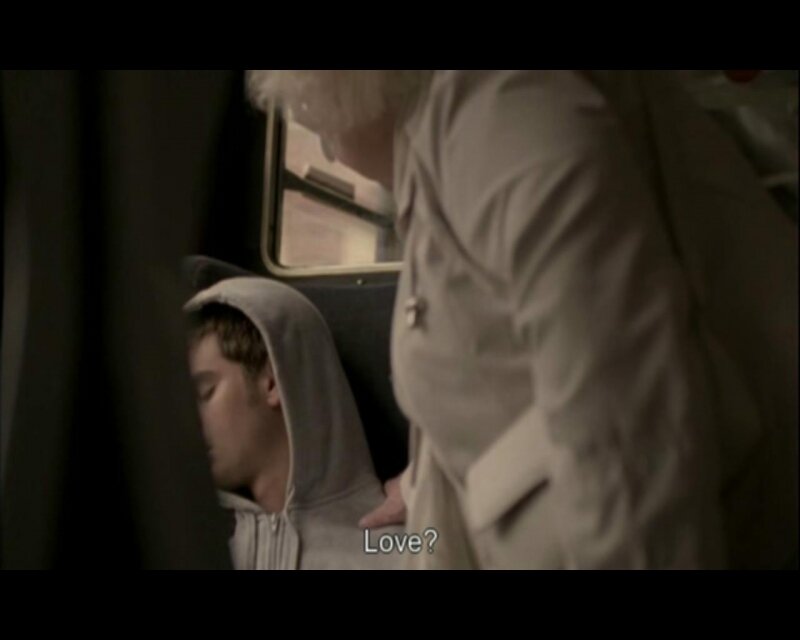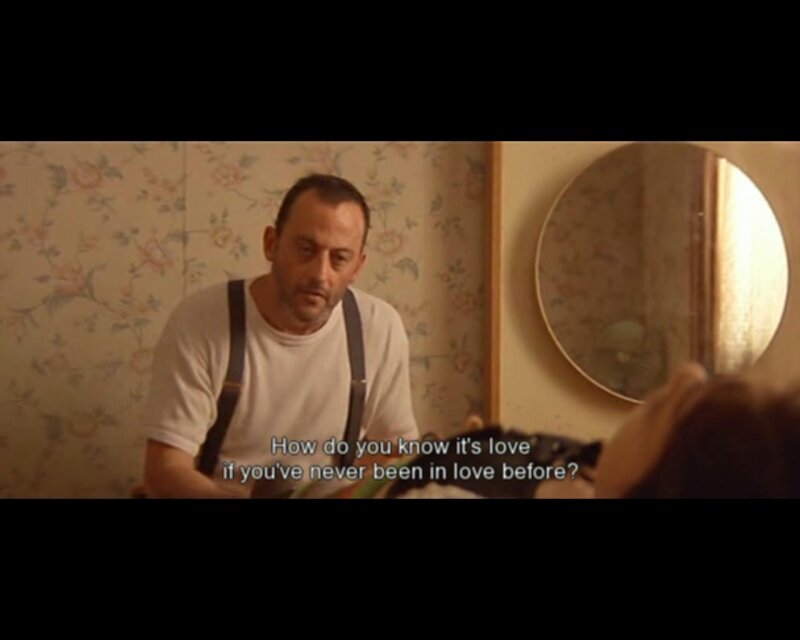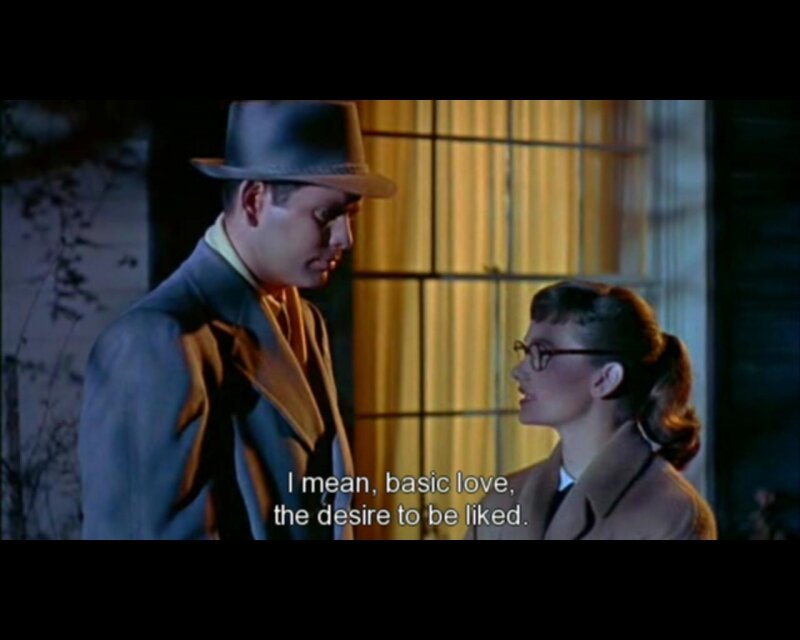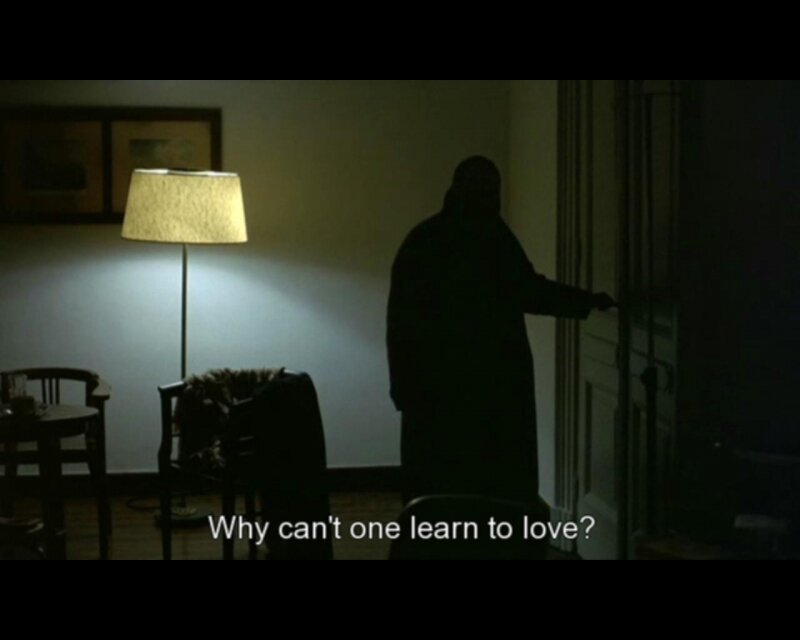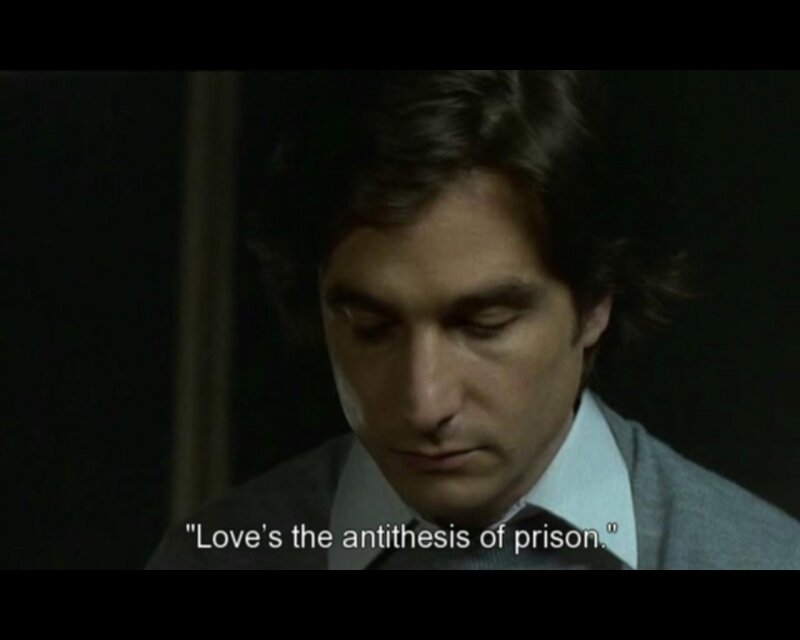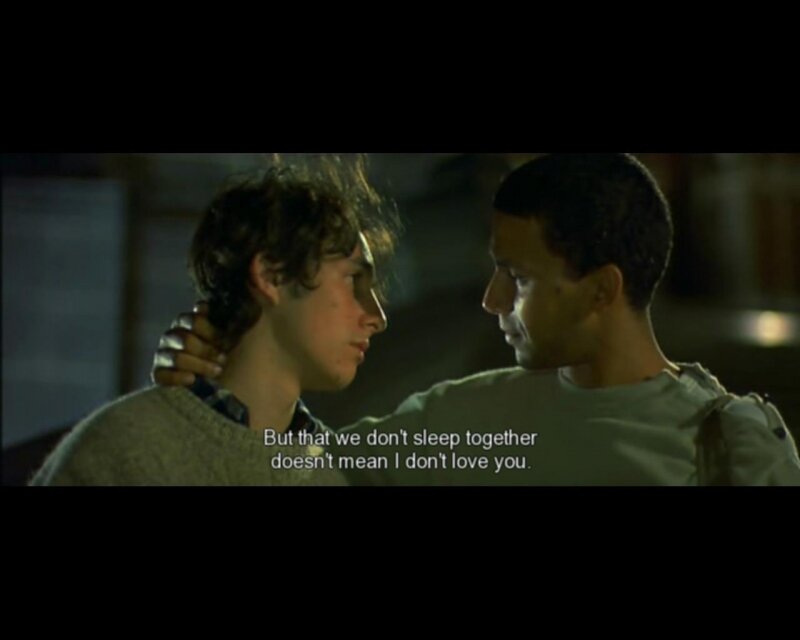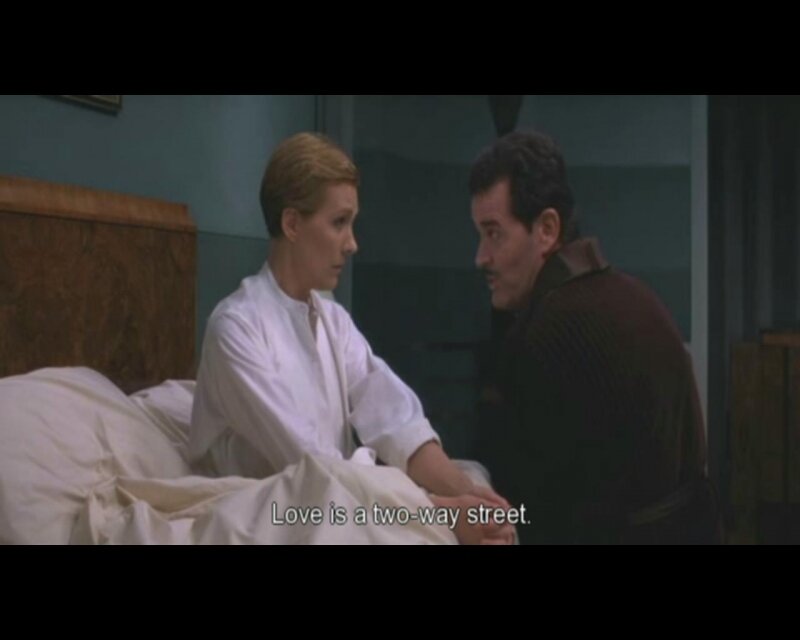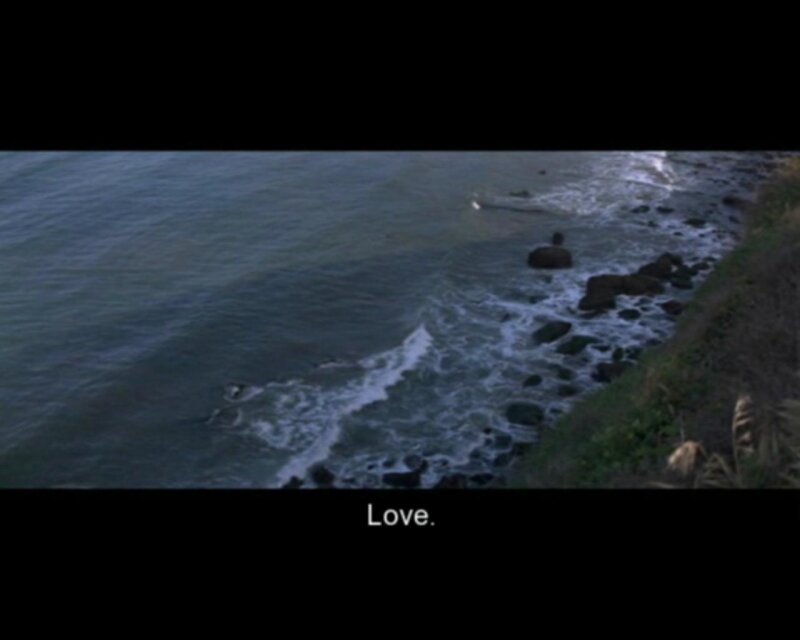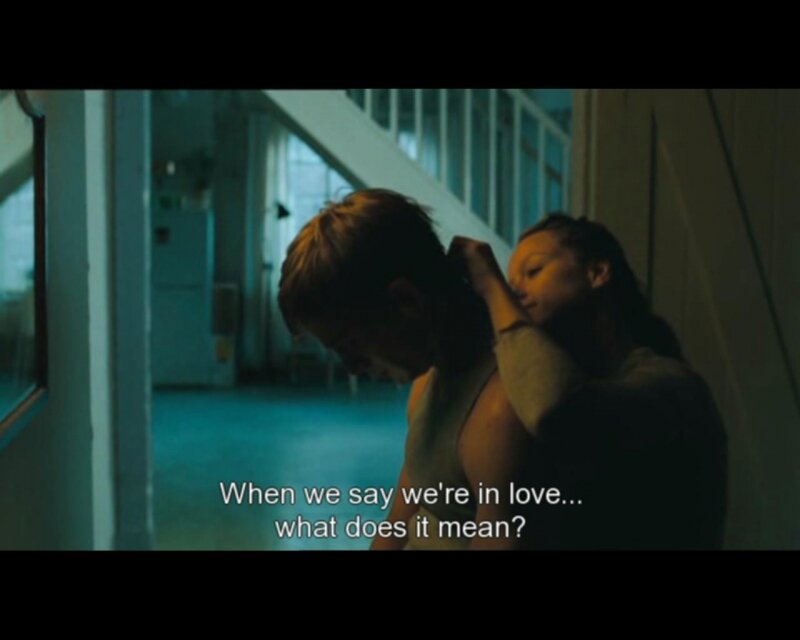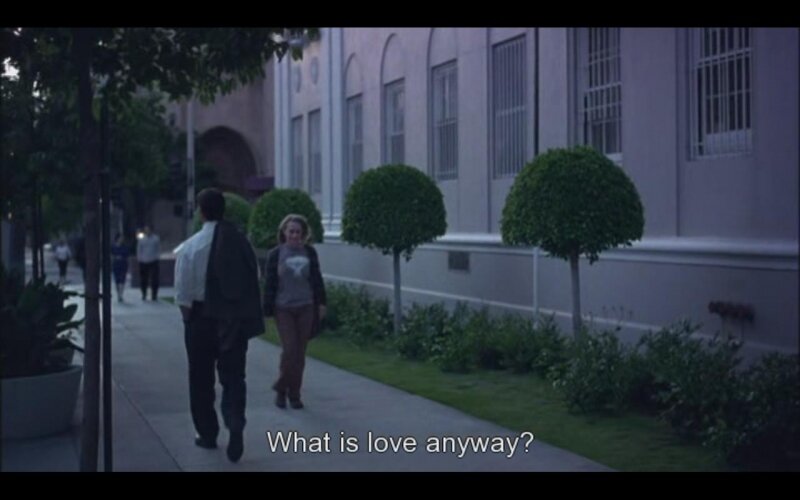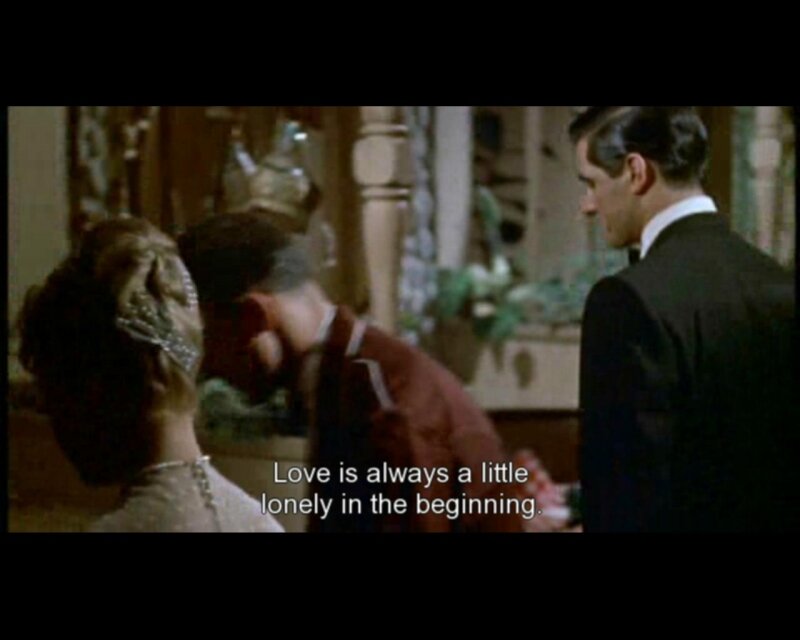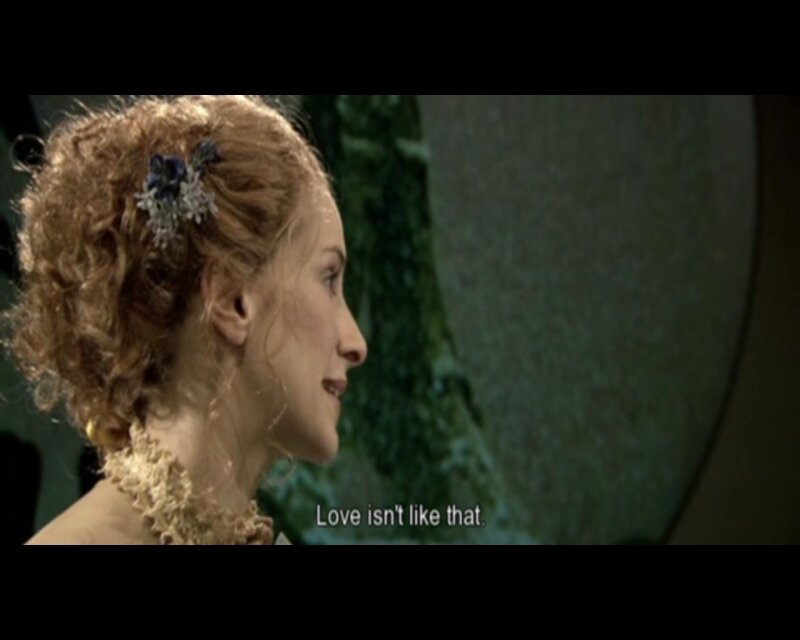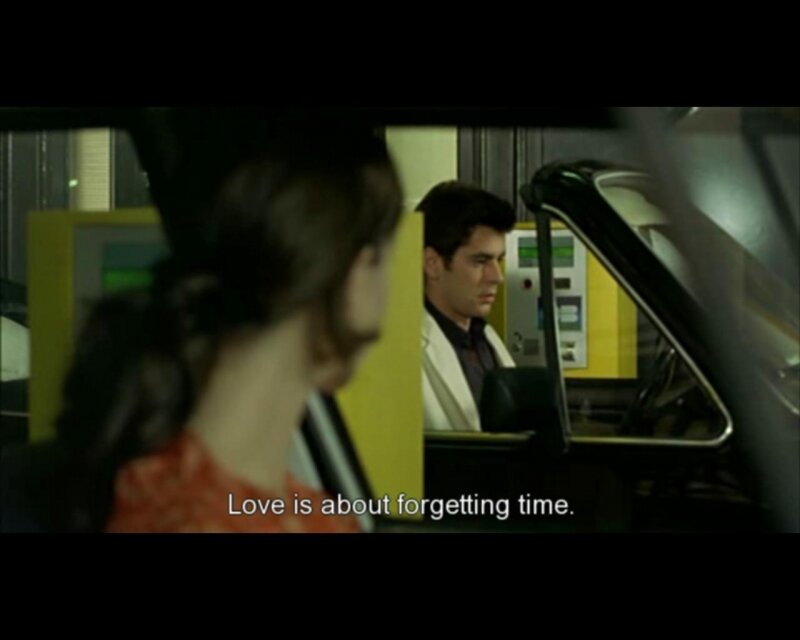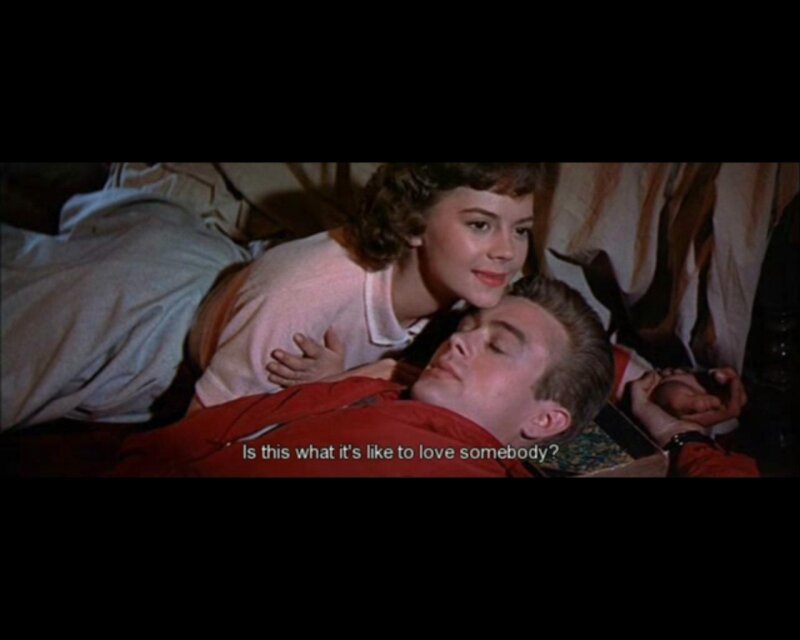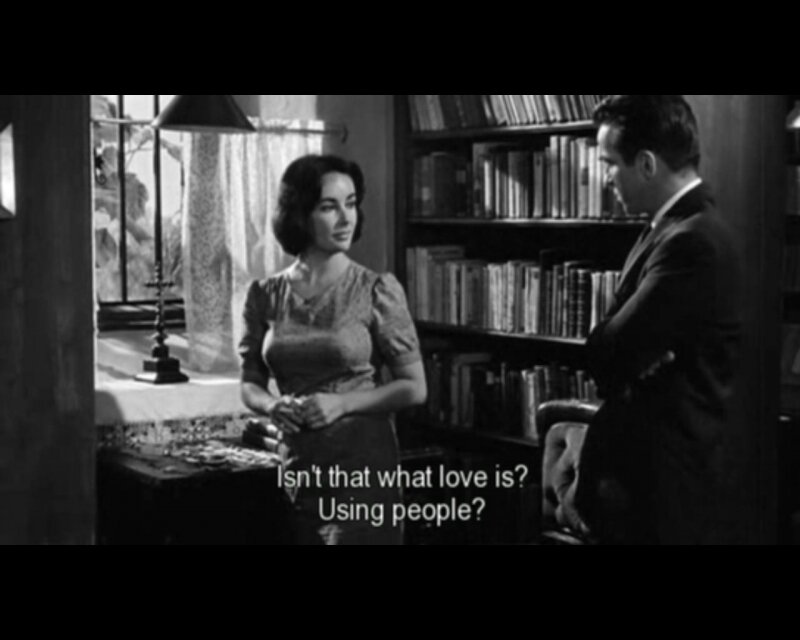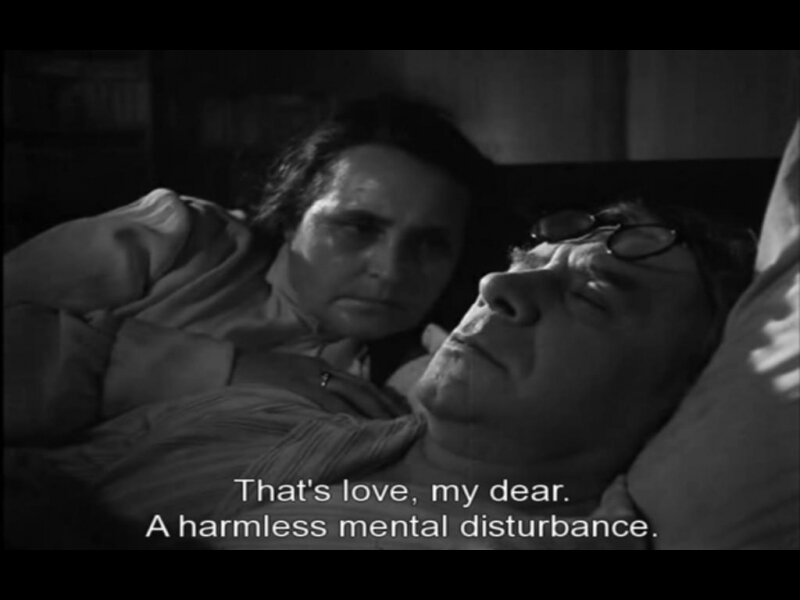Robin Waart (1978) is a visual artist. He studied Classical Literature and graduated from the Gerrit Rietveld Academy Amsterdam and was student at the Master of Artistic Research in The Hague.
R
Robin Waart
08.07.2013
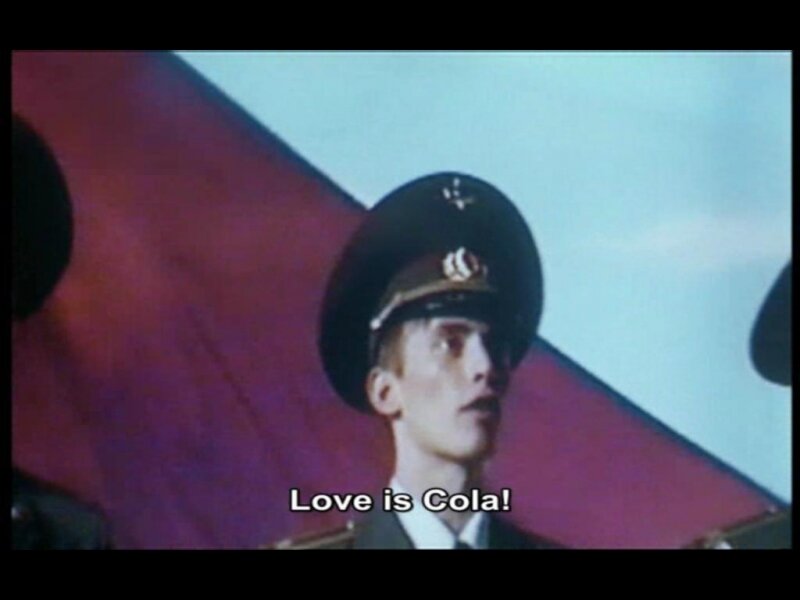
You I Love (Ya lyublyu tebya)
Olga Stolpovskaja & Dmitry Troitsky, 2004
"I love love” she said, closing her eyes. ––Jack Kerouac, On the Road (1957)
Love loves to love love. ––James Joyce, Ulysses (1922)
When we say we ‘love’ or are ‘in love’, what is it we love in someone?
Her face, his hands, her smile, his voice? The smell of his hair, those little sleepy eyes of hers, his gait, her enthusiasm, his music collection, intelligence, independence, her witticisms, carefulness, the touch of her skin? His broken fingernails? The way she looks when she looks away, the little, funny mark on his right shoulder? Just how he says ‘hullo’ on the phone? Some ‘objet petit a’ that escapes definition, outsores language, a thing we cannot grasp or touch – or, on the contrary, something you can point out, point at exactly, a ‘punctum’?
His, her, your ‘blinding originality’ as Roland Barthes puts it? Or nothing, not even something special in this other person? Couldn’t the original thing be what we share, what makes us unique, together? (Roland Barthes, Fragments d’un discours amoureux (1977), s.v. Atopos)
It’s your eyes and eyebrows – your smile – no, I wouldn’t know, it’s everything all together, everything about you. ––Knut Hamsun, Victoria (1935 – my translation (rw))
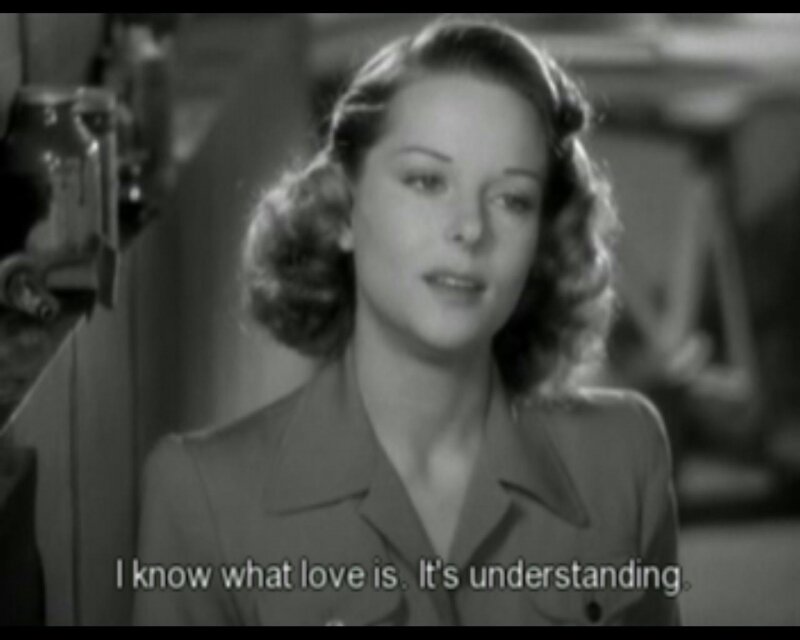
How it, he, she makes you feel: special, extraordinary, normal, simply happy, yourself, someone else, timeless, neither old nor young? Doesn’t love affect more than bodies and minds, but the fabric of time itself? Why do we forget about time when we are together, but think of nothing else simultaneously: its slipping through our fingers, the prospect of parting – and the waiting and longing when we are apart? Is this true: love needs time, but for love there is no such thing as time?
It takes no time to fall in love. But it takes you years to know what love is. ––Jason Mraz, ‘Life is Wonderful’, from the 2005 album Mr. A-Z
Imagine a girl (a young man, a boy, an elderly woman, just someone) being born, growing up, going to school, learning lots of languages, seeing the world, visiting other countries, going abroad, studying something, somewhere, say France – falling in love, very much in love with this other French girl (young man, boy, elderly woman etc.). Just think of some details, the one noticing the other, the other too impressed by the brave new world around her, a chance meeting (in a park, yes in a park, in Paris, in the springtime of course), first glances, then, later, the first touch.
It will be a love affair, even if they don’t know it yet, each day, every moment is an empty page. There is rapture all around.
They talk, look at each other, drink cheap wine from even cheaper glasses, laugh, talk even more, listen to music, go to movies, the park, the zoo, discuss books, the theatre, whatever they like. Anything is possible. (There is more looking of course, hesitation and not holding back at the same time.)
The two of them speak English, usually, sometimes some words in French, they seem to have grown to understand each other, even their silences. They have been together for two, three months now, eat meals together, share each other’s rooms and beds, at intervals. There is a moment, one time, in full summer, a warm, dark, damp night (or early morning).
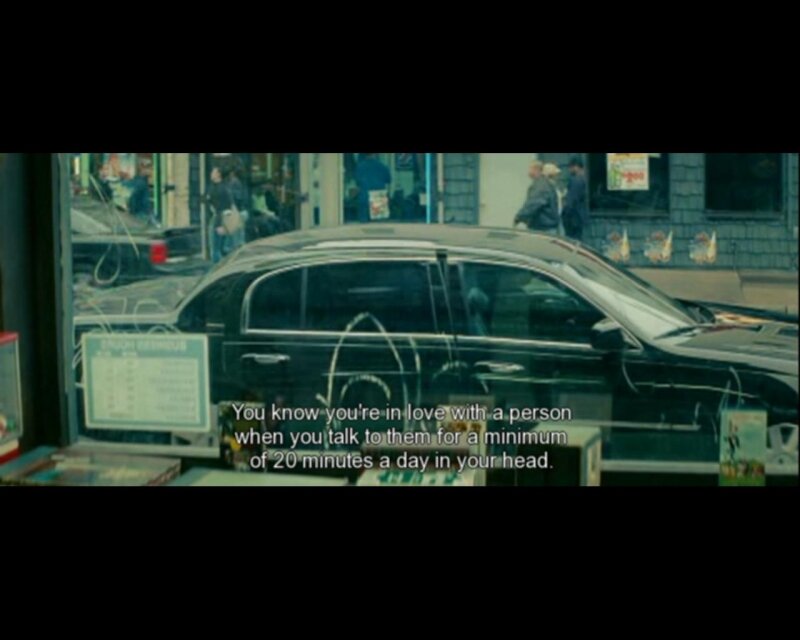
Be Kind Rewind
Michel Gondry, 2008
‘Je t’aime,’ the other whispers.
She shudders, wavers, waits.
I love you, too.
How long does it take to learn the language of love? If you learn to say ‘I love you’ in one tongue, is it possible to understand (really understand) the other speaking another, to make yourself understandable? In this (imaginary?) universe ‘I love you’ cannot be translated, nor understood, if you don’t understand it first. ‘Ti amo’, ‘Ik hou van je’, ‘Je t’aime’, ‘Ich liebe dich’, ‘Jeg elsker deg’, all mean something else.
How does love translate, if it is, actually, itself a ‘translation’?
Is it necessary to know what love is to know what love is?
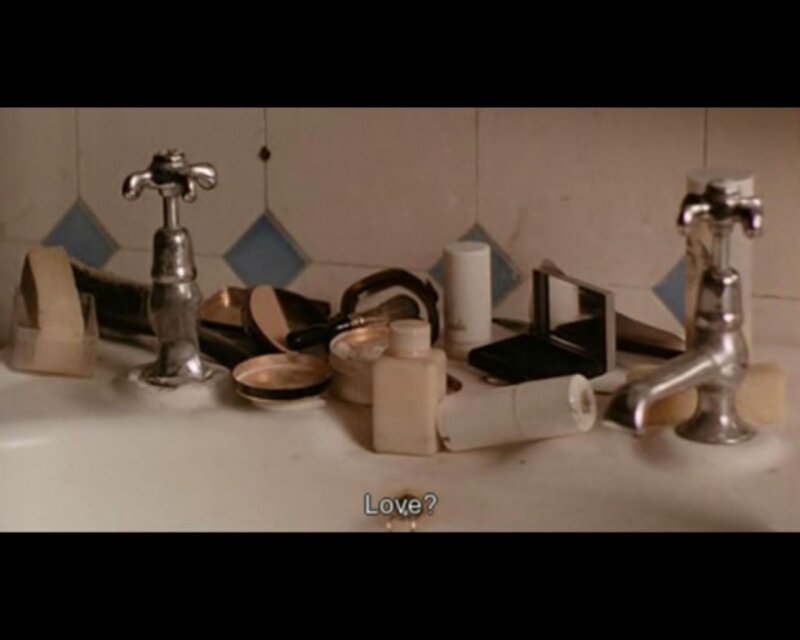
Ultimo tango a Parigi (Last Tango in Paris)
Bernardo Bertolucci, 1972
